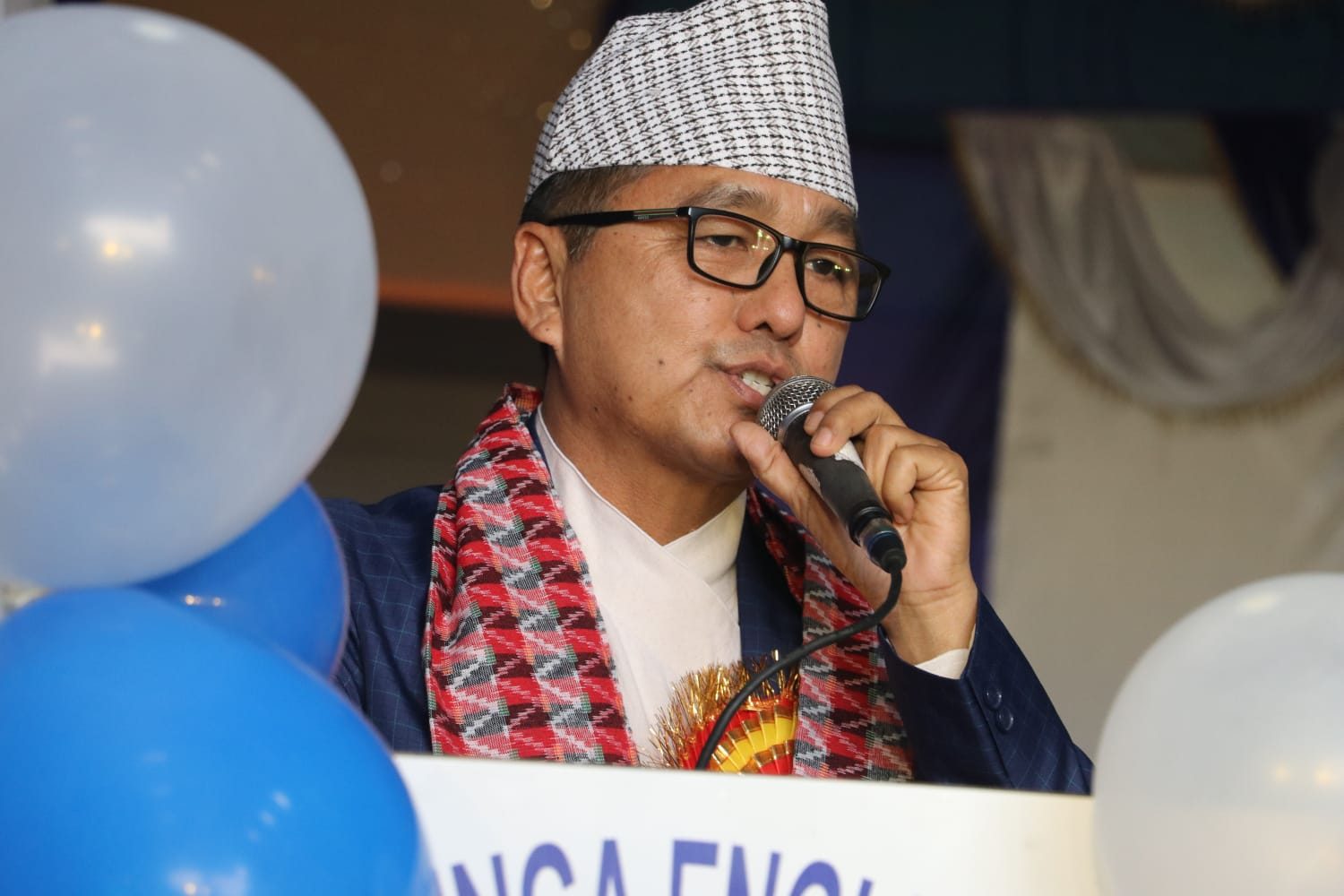SUMMARY
This is AI generated summarization, which may have errors. For context, always refer to the full article.

KATHMANDU, Nepal – Nepal’s ruling coalition was in turmoil on Saturday, February 25, after the prime minister said he planned to support a presidential candidate from an opposition party – a decision that prompted the deputy prime minister and three other ministers to resign.
Political analysts said the moves did not suggest the fledgling government of Prime Minister Pushpa Kamal Dahal, a former Maoist rebel who goes by his nom de guerre Prachanda, was in immediate trouble as it still enjoys majority support in parliament. But they said the turmoil could lead a new coalition being formed.
Prachanda said on Friday he would support Ram Chandra Paudel from the opposition Nepali Congress party in next month’s presidential election, instead of the candidate of his coalition partner, the Communist Unified Marxist Leninist (UML) party. He did not give a reason for his decision, though the Nepali Congress party is a former ally of Prachanda’s Maoist Center party.
On Saturday, Rajendra Lingden, the deputy prime minister who was also minister for energy, water resources and irrigation, resigned in protest, along with the ministers for urban development and legal matters, while a junior minister assisting Lingden also quit.
“The coalition under which we joined the government is no more intact,” Lingden told Reuters, adding it would not be “proper for them to continue in the government.”
Prachanda’s office confirmed the four ministers had resigned but did not say whether the resignations had been accepted.
Nepal is set to elect its third president on March 9, a ceremonial position which assumed a key role during past political crises.
Nestled between China and India, Nepal has seen 11 governments since it abolished its 239-year monarchy in 2008 and became a republic.
Political instability has scared investors and held back growth of its $40 billion economy. – Rappler.com
Add a comment
How does this make you feel?
There are no comments yet. Add your comment to start the conversation.